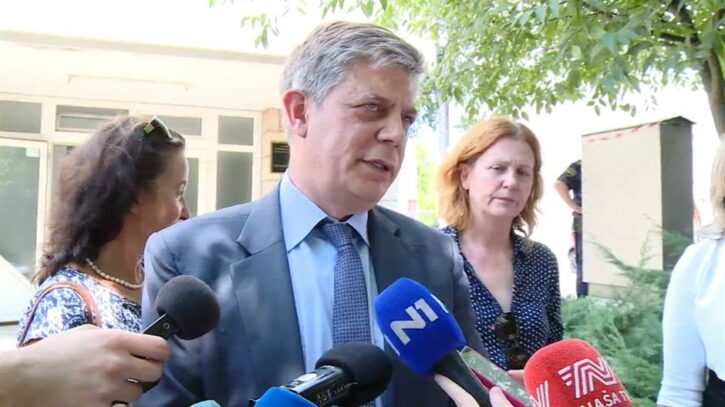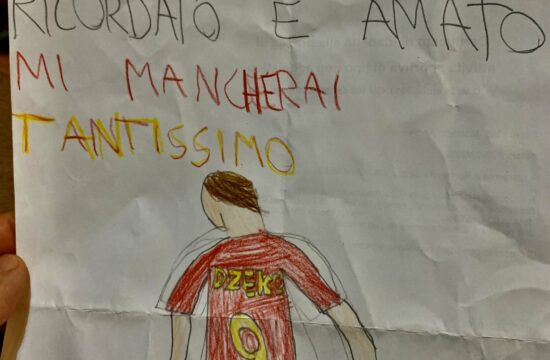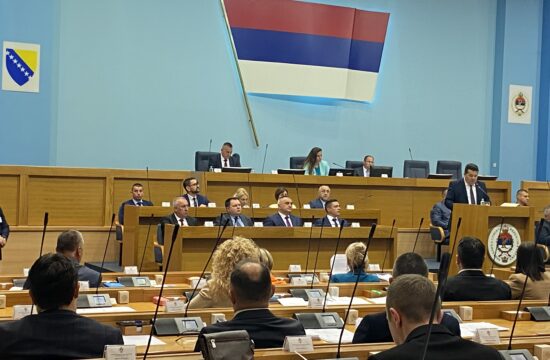
EU Special Representative Lars-Gunnar Wigemark told N1 on Friday he will not reveal the name of the EU individual the Bosniak Presidency member claims Croatia lobbied with in order to have the European Commission decide in favour of co-financing the construction of a disputed bridge.
The dispute over the construction of the Peljesac Bridge Croatia is building across Bosnian waters has drawn numerous reactions from both countries.
The bridge is intended to link the Croatian mainland and the Peljesac Peninsula, bypassing a 15 kilometre-long strip around the city of Neum that represents Bosnia and Herzegovina’s only coast on the Adriatic Sea. It would cut travel time between the Dubrovnik area and the rest of the country by circumventing customs and border controls around Neum.
Predominantly Bosniak political parties object to the construction of the bridge because they believe it might prevent large vessels from entering Bosnia's Bay of Neum, threatening the country's access to open sea.
They also claim that the border between the two countries in the bay remains undefined.
The current Chairman of Bosnia’s tripartite Presidency, Bosniak member Bakir Izetbegovic, said he might resort to filing a lawsuit against Croatia with the International Tribunal for the Law of the Sea (ITLOS) in Hamburg.
Izetbegovic said that Croatia has ignored all pleas coming from Bosnia requesting the construction to be halted.
The Bosniak Presidency member discussed the matter with Wigemark on Tuesday.
The EC decision to co-finance the bridge was, according to Izetbegovic, the result of Croatian lobbying with a certain EU official, but did not name that person.
“Let Mr. Wigemark reveal his name,” he said.
When N1 asked Wigemark about it on Friday, the official would not reveal the name either, saying, “I’ll pass the question back to President Izetbegovic.”
He did, however, comment on the claim.
“I don’t think that this kind of decision can be influenced by certain individuals,” he said. “I would like to say that this really is not something that has had any effect on the overall decision making as far as the European Commission is concerned.”
The EC looked into the issue carefully, and is aware that there are different opinions on it within Bosnia, he said.
“As far as the Peljesac bridge is concerned,” the representative explained, “we did indeed discuss this and I assured president Izetbegovic I will pass all of his concerns onto colleagues in Brussels dealing with this issue.”
That is where all the decisions are made, he said.
“That is where the decision was made last year already, on June 7, to go ahead with the financing and I described the whole procedure for that,” Wigemark said.




